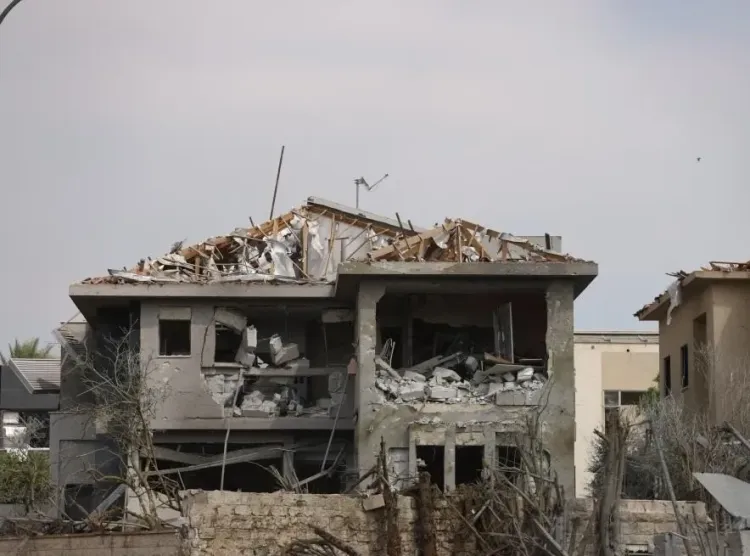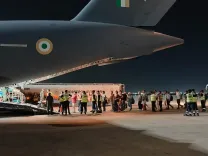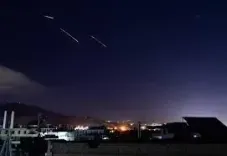What Is the Current Death Toll in Iran From Israeli Attacks?

Synopsis
Key Takeaways
- 606 deaths reported in Iran from Israeli airstrikes.
- 5,332 injuries documented due to the conflict.
- Ceasefire announced but violations reported.
- Trump warns both nations against further escalation.
- Iran fired missiles at U.S. bases in Iraq and Qatar.
Tehran, June 24 (NationPress) The casualty count from Israeli airstrikes across Iran over the last 12 days has escalated to 606 deaths, alongside 5,332 injuries, according to Iran's Health Minister Mohammad-Reza Zafarghandi on Tuesday.
Zafarghandi characterized the past 24 hours as marked by the most devastating attacks and aggressions from Israel since the aerial conflict erupted on June 13, resulting in 104 fatalities and 1,342 injuries.
On the other hand, Israel's Health Ministry has reported 28 deaths and 3,238 injuries on its side since the conflict began.
U.S. President Donald Trump announced late Monday that a ceasefire between the two nations would commence around 0400 GMT Tuesday, as reported by Xinhua news agency.
Despite both Iran and Israel accepting the ceasefire, reports of violations emerged mere hours into the agreement, with both sides pledging retaliation.
Previously, Trump issued a firm warning to both nations, accusing them of actions that could jeopardize the hard-won truce.
"These guys gotta calm down. It's ridiculous. I didn't like plenty of things that I saw yesterday. I didn't like the fact that Israel unloaded right after we made the deal ... and I didn't like the fact that the retaliation was very strong," Trump remarked to reporters in Washington before departing for the NATO summit in The Hague.
Trump highlighted that both nations had violated the ceasefire announced late Monday.
"Israel, as soon as we made the deal, they came out and they dropped a load of bombs the likes of which I've never seen before... The biggest load that we've seen, I'm not happy with Israel. When I say now you have 12 hours, you don't go out in the first hour, just drop everything you have on them. So, I'm not happy with him. I'm not happy with Iran either," stated the U.S. President.
"We basically have two countries that have been fighting for so long that they don’t know what the f*** they’re doing. Do you understand that?" he added.
Earlier, Trump warned Israel against launching further attacks on Iran.
"Israel, do not drop those bombs. If you do, it is a major violation. Bring your pilots home, now!" Trump wrote on Truth Social.
Reports indicate that Iran launched six missiles targeting American military bases in Iraq and Qatar on Monday night, further escalating tensions in the region.









